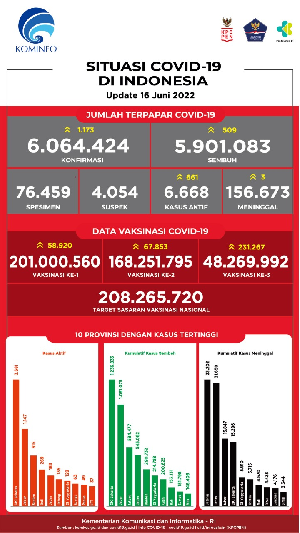
Extract
We read with interest the article by Nikolayevskyy et al. [1] reporting significant disruption to clinical tuberculosis (TB) services during the coronavirus disease 2019 (COVID-19) pandemic. Reductions in TB diagnoses during the pandemic have been reported worldwide [1–4]. These findings have been attributed to a reduction in admissions due to lockdown, the spillover effect of public health measures against severe acute respiratory syndrome coronavirus 2 (SARS-CoV-2) on other respiratory infectious diseases, and diversion of resources towards the COVID-19 response [1–4]. During the pandemic, healthcare systems grappling with a surge in COVID-19 cases encountered sustained disruptions to TB services [1], potentially delaying diagnosis. Delayed detection of TB amongst hospitalised patients increases risk of nosocomial transmission [5]. In centres that were not overwhelmed, however, increased vigilance for respiratory symptoms may potentially translate into increased detection of active pulmonary tuberculosis (pTB) amongst hospitalised patients.
Footnotes
-
Author contributions: Concept and design: L.E. Wee; analysis of data: L.E. Wee and E.P. Conceicao; drafting of manuscript: L.E. Wee, K.C.M. Goh, J.B.X. Tan, L-H. Sng and I. Venkatachalam; supervision: I. Venkatachalam and L-H. Sng.
-
Conflict of interest: L.E. Wee has nothing to disclose.
-
Conflict of interest: K.C.M. Goh has nothing to disclose.
-
Conflict of interest: E.P. Conceicao has nothing to disclose.
-
Conflict of interest: J.B.X. Tan has nothing to disclose.
-
Conflict of interest: L-H. Sng has nothing to disclose.
-
Conflict of interest: I. Venkatachalam has nothing to disclose.
- Received March 1, 2021.
- Accepted March 18, 2021.
- Copyright ©The authors 2021. For reproduction rights and permissions contact permissions@ersnet.org














